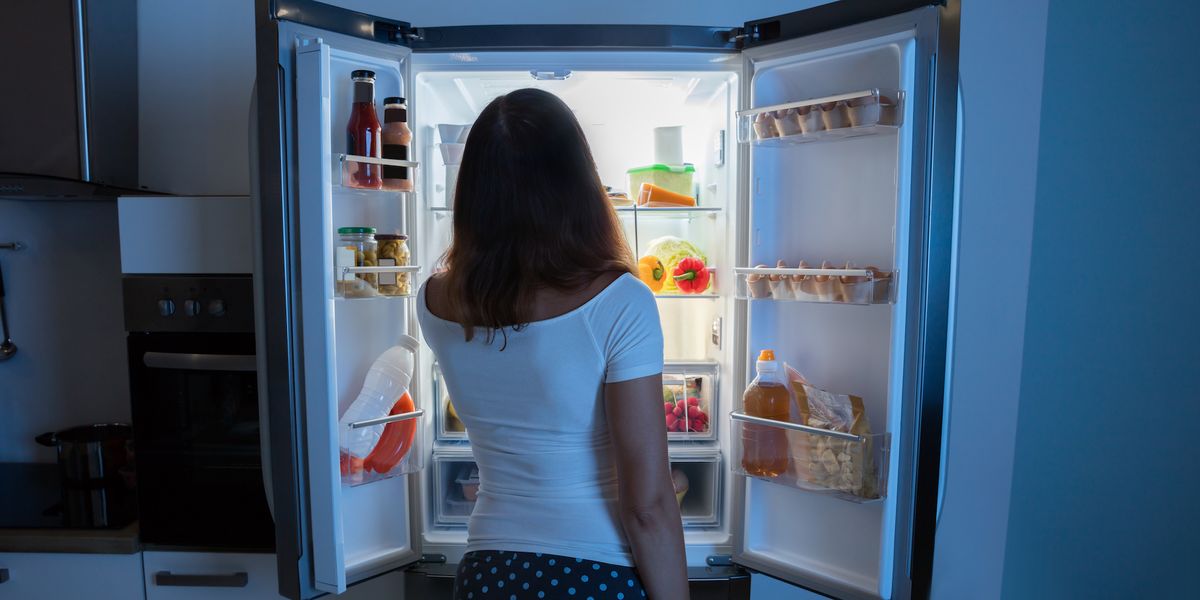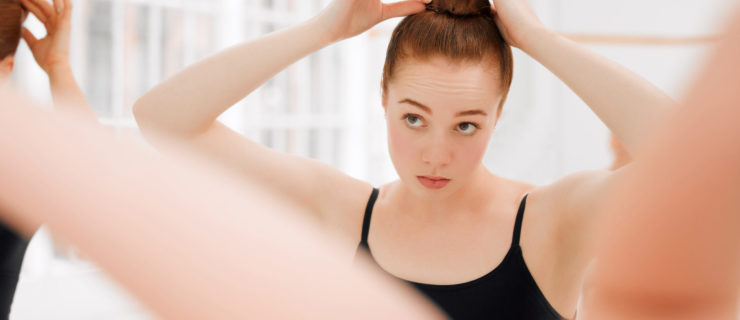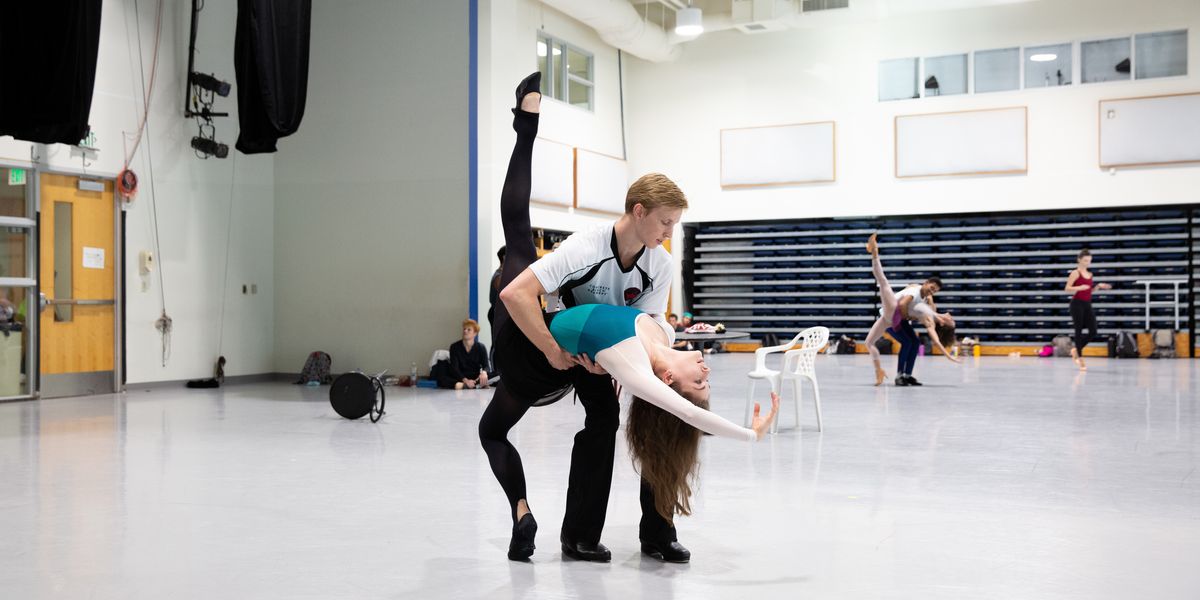Are Dancers at Greater Risk of Disordered Eating During the Shutdown?
As we spend more time at home and less in the studio, many aspects of our routine simply aren’t up to us. In the midst of COVID-19–related shutdowns, some dancers may be struggling with their relationship to food, whether they’re feeling guilty about stress eating or are developing dangerous disordered eating behaviors, such as restricting or bingeing.
Dance Magazine
spoke with Rachel Fine, dietitian and owner of To The Pointe Nutrition, to address dancers’ concerns during this time, along with tips for more mindful eating at home.
We’re in an extreme situation.
Dancers with perfectionistic tendencies may be more prone to developing dangerous food habits. “Right now, we’re in an extreme situation of so much being out of our control,” says Fine. “There is a major impact of isolation and not knowing what the future will hold with summer intensives, auditions, contracts, the financial state of the dance industry. So you definitely have dancers—probably more likely the ones that are more type A perfectionists—using this as an opportunity to control something: their food intake.”
If it seems like you’re constantly visiting the fridge, you’re not the only one, and it doesn’t mean you have an eating disorder. Snacking out of boredom, stress or emotions, or simply overeating, are common for anyone regardless of personality type, says Fine. Still, she mentions that during this especially stressful time, a dancer might worry about gaining weight at home and resort to a binge-and-restrict cycle much faster than they would under a normal, jam-packed schedule.
You might gain weight—and that’s okay.
It’s a given that you can’t precisely replicate the experience of class and rehearsal at home, and overall, you’re likely spending less time being active. Accept the fact that you might gain a few pounds.
Fine often sees dancers struggle with their changing bodies, especially if they developed disordered eating during puberty. “It’s not fair to compare your prepubescent body to what your body needs to look like as an 18 year old, or as a 30 year old.”
During this period of uncertainty, she urges dancers to be patient with themselves, and confident that they can get back to where they were—without resorting to extremes—after this temporary situation. As you return to your normal activity levels, trust that your body will respond.
Keep in mind that dance companies and schools worldwide are being affected by shutdowns. “It’s not like you have an injury, you’re sitting out and the girl next to you is going further,” says Fine. “Everyone’s going back to the studio less in shape than they were when they were there.”
Use this time to tune in to your body’s signals.
“One of the biggest questions that I’m getting asked right now is ‘Should I be reducing the amount that I’m eating because I’m not burning as much?’ ” says Fine, who warns against calorie restriction. Instead of trying to reduce your intake by counting calories, focus on tuning in to your feelings of hunger and fullness.
“If your energy expenditure is not as high, your body is going to adjust and you’re generally not going to feel as hungry as usual or you might feel fuller sooner.” Without the busyness of cramming in a meal between rehearsals, dancers now have more free time to practice mindful eating behaviors. “Try building more communication and trust with your body so that you can listen to your intuitive feelings of fullness at a meal or at a snack.”
Structure your day.
If you feel like you’re mindlessly noshing throughout the day, Fine says, “consider giving yourself some type of structure, just as you would with your dance classes or activities at home. Write down a schedule: breakfast, snack, lunch, snack, dinner, snack.”
Make eating a positive experience.
When you eat, make it intentional. “If you want chips, put them on a plate and pair them with a protein source,” says Fine, instead of eating out of the bag. “Food is meant to be happy, enjoyable, comfortable.” Tasting and enjoying each bite creates a good experience, whereas mindlessly eating can leave you feeling overstuffed or full to the point of physical discomfort. “That’s going to turn it into a bad experience with food.”
And if you want ice cream, have it. “We should always embrace our cravings,” she says.
If you need help
Usually, if a client is concerned about their relationship with food, Fine helps them identify the source of their stress. “But with COVID-19, we can’t fix the source right now,” she says. “Our stress is going to be there, so we might need tools to get through this temporarily stressful situation.”
If you feel like your eating habits are dangerous, there is virtual help available. Fine’s website includes resources for dancers, like recommended books and podcasts about healthy eating. The National Eating Disorders Association has compiled a list of treatment centers currently offering online sessions, and its helpline is available via phone, text or online chat.


